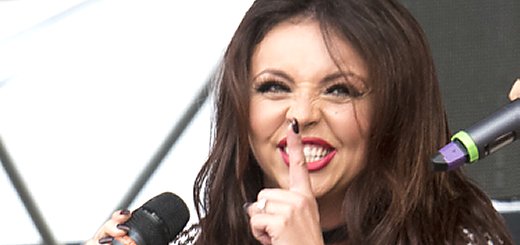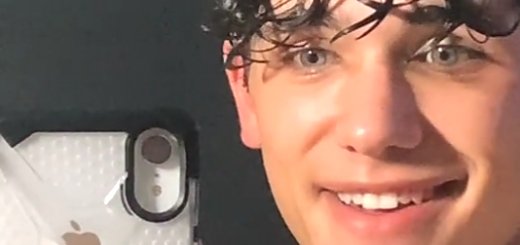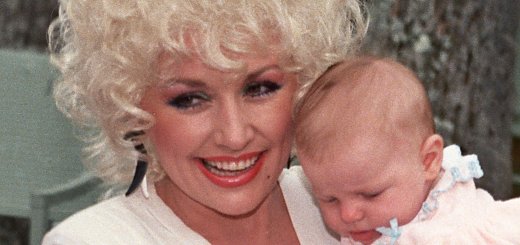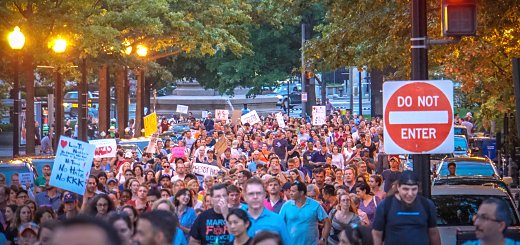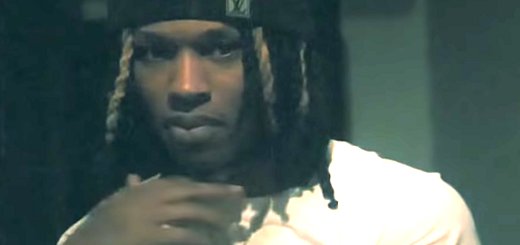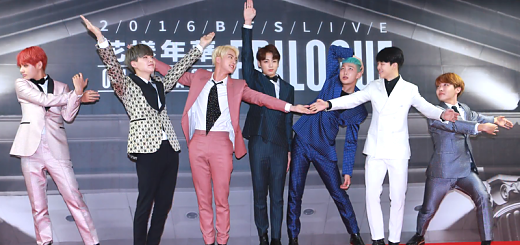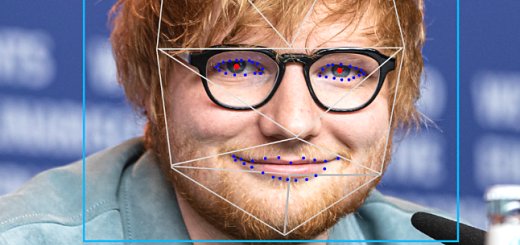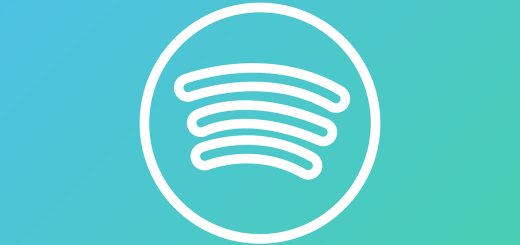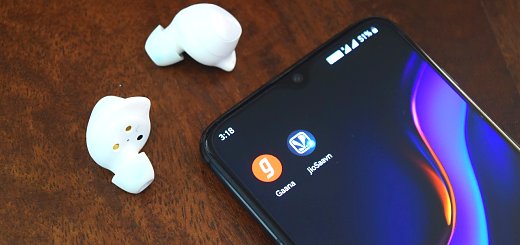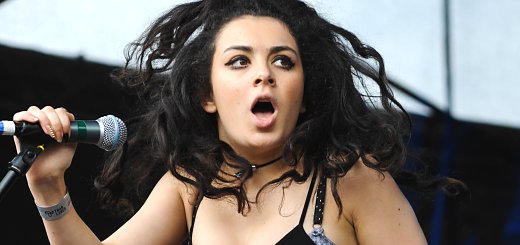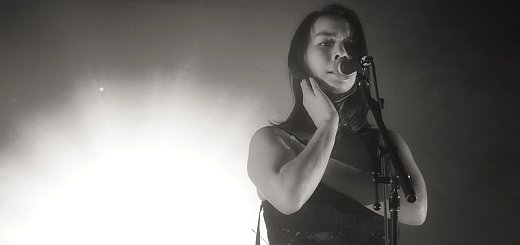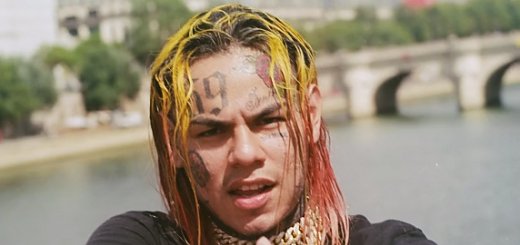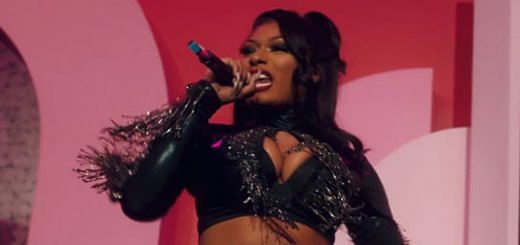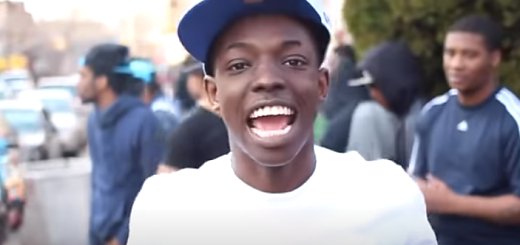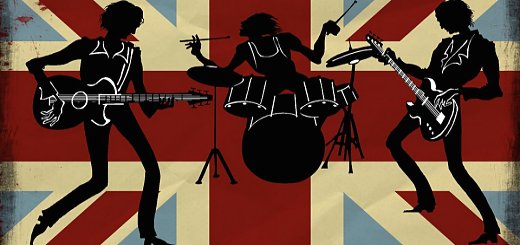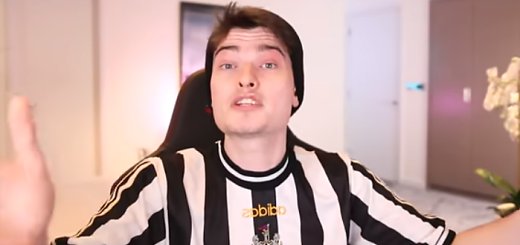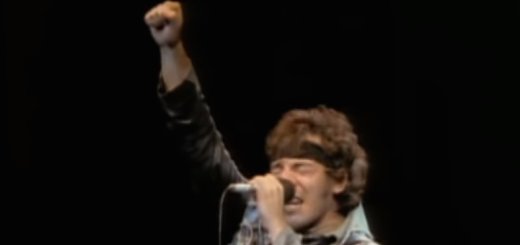Essay: How did lockdown change our relationship with music?

"Having a deep-rooted love of music in the back pocket is to be able to pluck out something capable of soothing broken hearts, tortured minds or restless souls. It is an infinite source of reliability, profundity and surprise" - the Quietus writes, arguing this relationship has changed in this lockdown year. The places to discover new music have tumbled down to all but one - computer screen, and the curiosity itself has tumbled due to the claustrophobic year. However, tQ says, we need to accept, and through this acceptance that spark for music will return. It most certainly should - musically, it has been a great year, and the next might prove to be even better, if not even game-changing.
